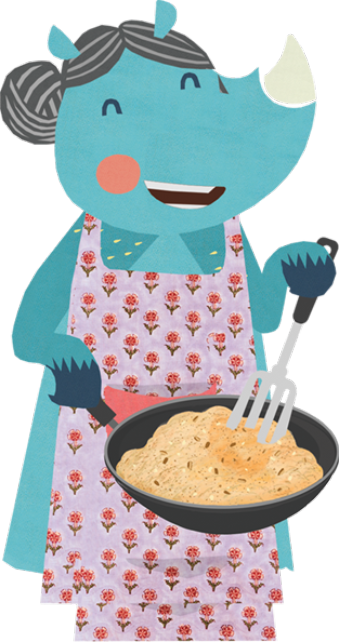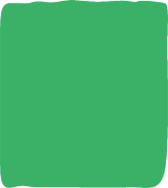A lot of parents ask us for recommendations on baby-friendly products that can be used during weaning. Today, we will look at just that. But first, remember these 3 things!

1)Babies outgrow things very quickly, so take a call depending on what’s most comfortable and affordable for you.

2) If you and your baby can manage with what you have at home (or hand-me-downs), there’s nothing like it!

3) The most valuable thing you can offer your baby is your loving presence and attention. It’s tough to be fully present when you have responsibilities, but when you are keenly interested in your baby’s mealtime, they sense your love and will have a positive weaning experience!
What’s Helpful to Have in Your Weaning Toolkit
That said, let’s see what are some of the items you can choose to keep in your weaning tool kit. This can differ from parent to parent, so see what works for you, your lifestyle, your budget, and your needs!
1) High chair/booster seat

A good high chair or booster seat is a very good investment before your baby starts solids. And it is necessary no matter which weaning approach you choose. High chairs allow babies to sit in one place in a steady, upright position. As mentioned earlier, babies should not be fed when they’re moving about or lying down, as that can result in choking.
A good sitting position is important before your baby begins their meal. Use the “90 90 90” rule as described below.
When babies are sitting in their high chair,



2. their hips should be at 90 degrees, and

3. their knees are at 90 degrees.
And, their feet should be on a footrest or on the floor straight down, not dangling in the air.
When you’re buying a high chair, look for:

2) Cup

Learning to drink out of an open cup is an important developmental milestone for your little one. The best kind of cup you can buy for your baby is:
- an open cup or
- a straw cup
Using an open or straw cup will help babies learn and master a skill that they will need for life (as they move to drinking from regular cups or glasses as they grow up).
When you’re buying an open or straw cup, look for:
Open cup
- Should be small and open, easy for the baby to hold
- Should be able to hold 30-60 ml of liquid at a time
- BPA free and easy to clean
- A weighted base (heavy) can ensure it does not topple over easily
Straw cup
- Should be small in size (can hold 30-60 ml liquid and not more)
- Preferably without handles
- Straw should be short in length and soft; it should be not very thin but not very big as well (if it’s too thin, baby will struggle to suck water; if it’s too thick, too much water will get into their tiny mouth)
What material cup should you buy?
3) Mat

Consider using under the table mats when your baby starts weaning. This is because meal times will be messy and placing a mat will help you clean up faster afterward.
So what can you use as a mat?
- simple plastic mat
- plastic tarp
- plastic shower curtain
- splat mat
Place this mat under and around the high chair or feeding area, so that you can clean the spills and mess more easily after.

4) Spoon
The size of your baby’s spoon should be small enough to fit into their mouth. Use a spoon that’s made with safe materials (BPA free), is soft, has a good grip handle, and is not sharp (avoid stainless steel spoons).
5) Plates and bowls

- Suction plate: A good suction-bottomed plate is a good purchase, as there’s less chance of the plate tipping or slipping. Especially in baby-led weaning, a suction plate placed on the table of a high chair will prevent the plate from moving around. This gives your baby a stable space from which to eat.
- Bowls: A bowl is a great option too if you want to serve your baby thick, scoopable foods. With both plates and bowls, just make sure there’s a sufficient rim around the edge, so your baby can use the edge to scoop up or pick up the food easily.
- Stainless steel: Stainless steel plates and bowls that you have at home are also fine to use for your baby. The only issue may arise as these utensils may easily tip over or slip without the suctioned bottom.
- Planet-friendly options: If you like, opt for sustainable materials like steel. Also ensure BPA-free silicone materials when buying utensils for your baby.
6) Bib

The main reason parents use bibs is to protect the baby’s clothes. Having said that, you can avoid a bib by dressing your baby in old clothes that you don’t mind getting dirty or opt for no clothes (your baby will be a happy camper!). Many babies also hate bibs and may try to remove them!
If you want to buy a bib:
- choose a silicone one that has a kind of food catcher at the bottom
- get a coverall bib – which is a long-sleeved shirt that covers the child from top to bottom.
- get the bib that’s like a smock, which covers the baby, the feeding tray, and the high chair!
Tomorrow, we will look at what items or props you don’t need to waste money on. Watch out for Weaning Essentials Part 2: What NOT to Buy!


















